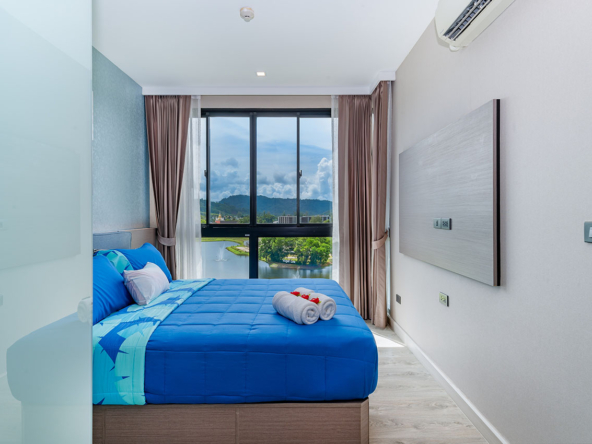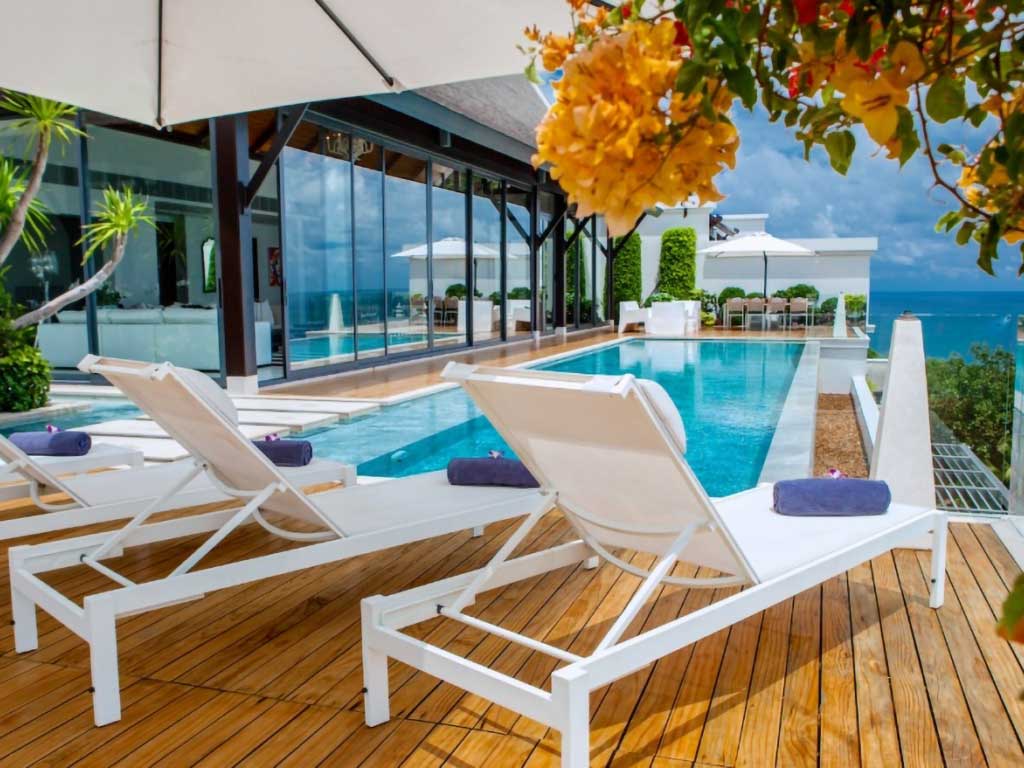Navigating Property Ownership in Thailand as a Foreigner: Freehold, Leasehold, and Thai Companies.

Thailand, with its picturesque landscapes, vibrant culture, and thriving real estate market, has attracted expatriates and investors from all over the world. For anyone contemplating buying property in Thailand, it is crucial to understand the different types of property ownership available, and the legal intricacies involved. There are several options for foreigners to own freehold property through a Thai company. This article provides a comprehensive overview of freehold and leasehold ownership in Thailand.
Types of Property Ownership in Thailand
- Freehold Ownership
Freehold ownership, also known as full ownership, grants the owner complete rights over the property, including the land and any structures on it. However, Thai law generally restricts foreigners from owning land directly. Nonetheless, foreigners can own buildings or structures on the land, but not the land itself. The exception to this rule is when a foreigner opens a Thai company, and this company can then own land as freehold. - Leasehold Ownership
Leasehold ownership implies that an individual or entity leases or rents the property from the freehold owner for a specific period, usually up to 30 years, with an option to renew. This option is popular among foreigners because there are no restrictions on leasing land or property in Thailand. However, it’s important to note that the leaseholder does not own the land or property but merely has the right to use it for the agreed lease period. - Condominium Ownership
The Condominium Act in Thailand allows foreigners to own up to 49% of the total area of a condominium building. This type of ownership grants the owner full rights to the condominium unit and shared ownership of common areas, such as the swimming pool, gym, and gardens.
Owning Freehold Property through a Thai Company
Foreigners can circumvent the land ownership restriction by opening a Thai company. Freehold can be owned by a Thai limited company whose majority shares (at least 51%) are held by Thai nationals. The foreigner can then hold a minority of shares (up to 49%) and still have significant control over the company and, by extension, the land owned by the company. This option provides a legal way for foreigners to effectively own and control land in Thailand.
Difference between Freehold and Leasehold in Thailand
- Ownership Rights
Those who hold freehold titles to property are entitled to full and permanent ownership of the land and any structures on it. In contrast, leasehold ownership only grants the right to use the property for a specified period, usually up to 30 years, with an option to renew the lease. - Transferability
Freehold properties can be sold, transferred, or bequeathed to heirs without any restrictions. However, leasehold properties can only be transferred or sold with the consent of the freeholder, and the new owner will be subject to the same terms and conditions of the original lease. - Maintenance and Management
Freehold owners are responsible for the maintenance and management of their property. On the other hand, leasehold owners may be required to pay a maintenance fee to the freeholder or a management company for the upkeep of the property and common areas.
Conclusion
Understanding the different types of property ownership in Thailand is crucial for making informed investment decisions. While freehold ownership grants full and permanent rights to the property, it is generally restricted for foreigners. However, foreigners can lease property through leasehold ownership or own up to 49% of a condominium building. Additionally, opening a Thai company provides a legal pathway for foreigners to effectively own and control freehold property in Thailand. Considering the legalities and your long-term plans will help you choose the right type of property ownership in Thailand.
Note: This article is for informational purposes only and does not constitute legal or financial advice. It is always recommended to consult a legal or real estate professional before making any significant investment or property-related decisions.



